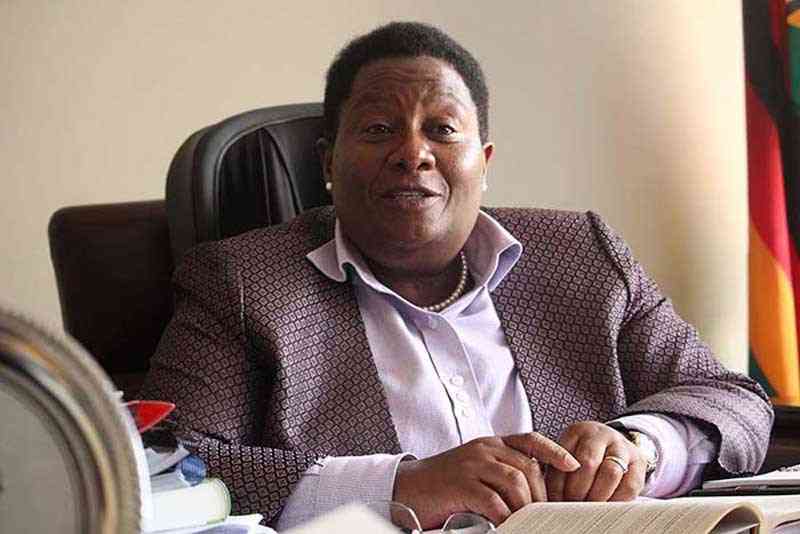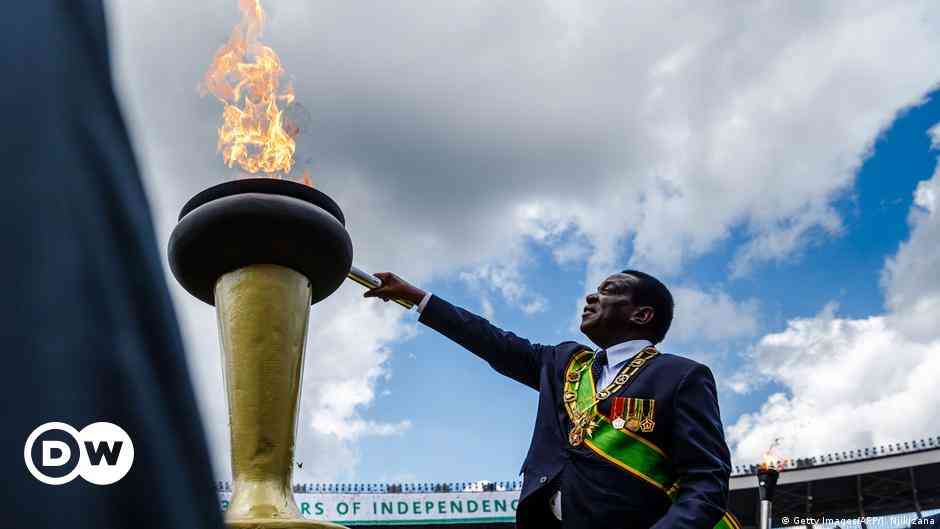
It is important to keep a watchful eye on the conduct of our government leaders, and to call them out when they get things wrong. Blinkered loyalty to corrupt politicians is not patriotism. Governments are a means to achieve certain ends, and if they pay lip service, go against, or cease to pursue those ends, they face the reprehensible chagrin of ouster.
It is very common nowadays, in any serious discussion of political topics, to hear people say, “kare kwaiva nane,” to mean, it was better under colonialism that it is now.
This is not just said by the elders, the so-called baby boomers, or generation X, who lived through colonial times, but the youth, the “born free,” the millennials, and the generation Z (or Gen Z for short), who were born after independence. However, when they say “kare kwaiva nane,” they are not calling for recolonisation.
They are simply expressing their disappointment with the corruption, incompetence, and tyranny of the post-colonial State. It is their way of exerting pressure on those in power to distinguish themselves through delivery of progressive developmental policies. It is a complex combination of indictment and encouragement, born out of intense indignation.
Since independence, Zimbabwe, just like any other African country has been riddled by the familiar problem of unethical conduct among public officials.
Some examples of the corruption and rapaciousness that have eaten away at a once promising economy include the 1988 Willowgate scandal, the 1999 Water and Rural Development ministry Chinese tender scandal, the 2015 US$15 billion scandal, the 2016 Command Agriculture scandal, and the 2018 Zesa scam involving Samuel Undenge's criminal abuse of office. According to the Center for Global Development, between 1980 to 2015, Zimbabwe has lost more than US$96 billion to corrupt rule. This amount far outweighs the country’s current stock of external debt, that is, US$12 billion, the country’s highest debt burden ever.
According to the latest report by the Zimbabwe Anti-Corruption Commission, the country is losing up to US$1,8 billion annually due to corruption. Mathematically, this means we lose much more to corruption than we gain through inflows of development assistance, external borrowing, or foreign direct investment.
Zimbabwe has attracted low investment inflows of less than US$545 million annually over the past decade. Data from the World Bank shows that Zimbabwe has never received more than US$1 billion annually in development assistance since 1980.
- Mayhem as schools reject Zimdollar fees
- Zim has 2nd highest rising food prices: WB
- TIMB boss in court
- Zacc descends on 'delinquent' schools
Keep Reading
Corruption depletes the income needed by the government to fund poverty reduction and infrastructural development programmes. That is why despite extensive mineral resources, hydroelectric potential and large tracts of fertile land, Zimbabwe is one of the poorest countries on the face of the earth, with nearly three quarters of its 15,1 million people living below the poverty threshold, according to UN experts. Again, Zimbabwe, along with Honduras, Iraq, and Cambodia, ranks 157th out of 180 countries in the 2021 Transparency International Corruption Perceptions Index, where a high ranking corresponds to a perception of high corruption in the public sector. Such rankings tarnish the country’s attractiveness and consequently reduce the foreign direct investment inflows that we desperately need to grow the economy and create jobs.
However, what is more worrisome about these staggering figures is that those who dare to question their disparity or expose corruption cases, are either imprisoned, threatened with death, or labelled ‘‘unpatriotic.’’
In some cases, they are even called ‘‘stooges of Western imperialism,’’ or ‘‘vawukuri”, in our local parlance, to mean noisy dogs. The State almost always has the upper hand when it comes to the use of force, so most government officials easily escape the scrutiny of investigation. With the recent proposal to pass the Patriot Bill, it will be extremely difficult for civil society to organise and act against corrupt leaders. The State also uses the liberation war narrative to not only justify its stay in power but to cover up allegations of corruption leveled against its officials, much to the frustration of the younger generation.
Does this all mean we should never criticise our government leaders because they liberated us from colonial rule? No. In fact, patriots are staunch critics of political systems that muzzle growth. But this criticism comes from a place of hope, not one of despair. Patriots are action-oriented people who actively work to resolve the problems of their country, not colonial apologists who wish for the return of colonialism and white minority rule.
The “kare kwaiva nane” lingua must be shunned. There is a certain blindness in understanding the nature of Zimbabwe’s problems if we do not consider well the damage caused by colonialism and the legacy it left. Colonialism was so horrific, it was a ‘‘death project,” defined by “war, violence and extractivism,’’ as the historian and decolonial theorist, Sabelo Ndlovu-Gatsheni puts it. Colonisers expropriated land, plundered wealth, exploited labour, miseducated people, sexually abused women, dismantled traditional institutions and culture, and in the process, impoverished millions of Africans.
Efforts at resistance by Africans were often met with massacre and brutal repression. Those who have read Chibaro, by Charles van Onselen, understand well the argument that the colonial system brought nominal gains that were not gifts from the colonialists, but rather fruits of African labour and resources for the most part.
However, it is important to note that pointing at the wrongs of colonialism is not enough to explain the distinctive way in which it was evil. Exploitation, kleptocracy, discrimination, torture, massacres, and many other injustices are wrong whether they occur in the context of colonial rule or independence.
As philosopher Massimo Renzo puts it, ‘‘if all we can do to explain the nature of colonialism is point at the fact that it typically involved the perpetration of these crimes, we cannot vindicate the thought that there was something distinctively wrong with it.’’ Zanu PF’s kleptocracy risks disillusioning citizens to a woeful extent that they become oblivious of past wrongdoings.
With the pervasive power of the internet, some are quick to fall prey to colonial propaganda, willingly or unknowingly. For example, a recent opinion poll ran by investigative journalist Hopewell Chin’ono, revealed that 74% of 19,160 participants believe that Zanu PF’s rule under the late former President Robert Mugabe, and current President Emmerson Mnangagwa, has become worse than colonial rule under Ian Smith. Such polls are reductive of incommensurable factors, they are problematic, misleading and do not galvanise constructive political engagement whatsoever. They are extremely disrespectful to the thousands who sacrificed their lives for our independence.
- Anotida Chikumbu is a historian and political economist. He is currently an associate lecturer and PhD candidate in the department of history at the University of Massachusetts Amherst in the US.











